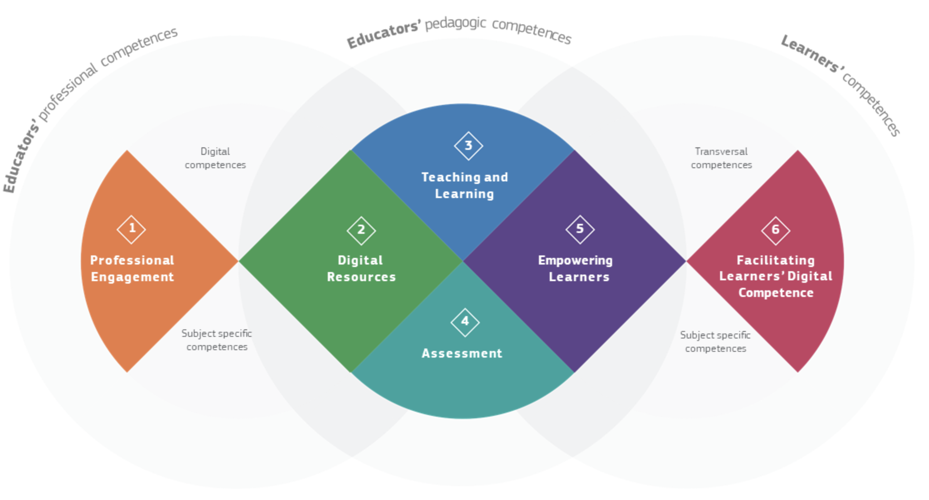The Institutional Capacity Assessment Tool – ICAT – is an online self-assessment to help Siyaphumelela universities assess their strengths and areas for improvement in the seven key dimensions encompassed in the Institutional Capacity Framework shown below.

The assessment process asks a broad range of university stakeholders to assess their institution’s capacity across four levels, from minimal to exemplary. Once an institution completes the assessment, the participants engage in a large group dialogue using the Institutional Capacity Framework. The discussion prompts the group members to celebrate strengths, prioritise areas for improvement, and identify concrete actions for building capacity to support student success efforts.
The assessment process asks a broad range of university stakeholders to assess their institution’s capacity across four levels, from minimal to exemplary. Once an institution completes the assessment, the participants engage in a large group dialogue using the Institutional Capacity Framework. The discussion prompts the group members to celebrate strengths, prioritise areas for improvement, and identify concrete actions for building capacity to support student success efforts.
It will take about 60 minutes to complete the assessment. We recommend that you complete this assessment in one sitting. However, if you need to leave the assessment and come back later to finish, your responses are automatically saved for seven days. To enable this feature, you must use the same browser and enable cookies. When you click on the assessment link again, it will re-direct you to the page where you left off. After seven days, your partial response will be deleted.
Digital literacy is the ability to effectively and critically navigate, evaluate, and create information using digital technologies. It encompasses a wide range of skills and competencies that are essential for functioning in today's digital age. As an academic subject, digital literacy is often taught in educational institutions to equip students with the necessary knowledge and skills to use digital tools and resources effectively.

Figure 1. The European Framework for the Digital Competence of Educators (DigCompEdu)
The European digital competency framework (Fig. 1) identified six categories for educator competencies, including:
- Professional engagement
- Digital resources
- Teaching and learning
- Assessment
- Empowering students
- Facilitating students’ digital competence.
This survey can support the development of your digital literacy skills. Your participants in this survey will not be captured in any digital or other system.